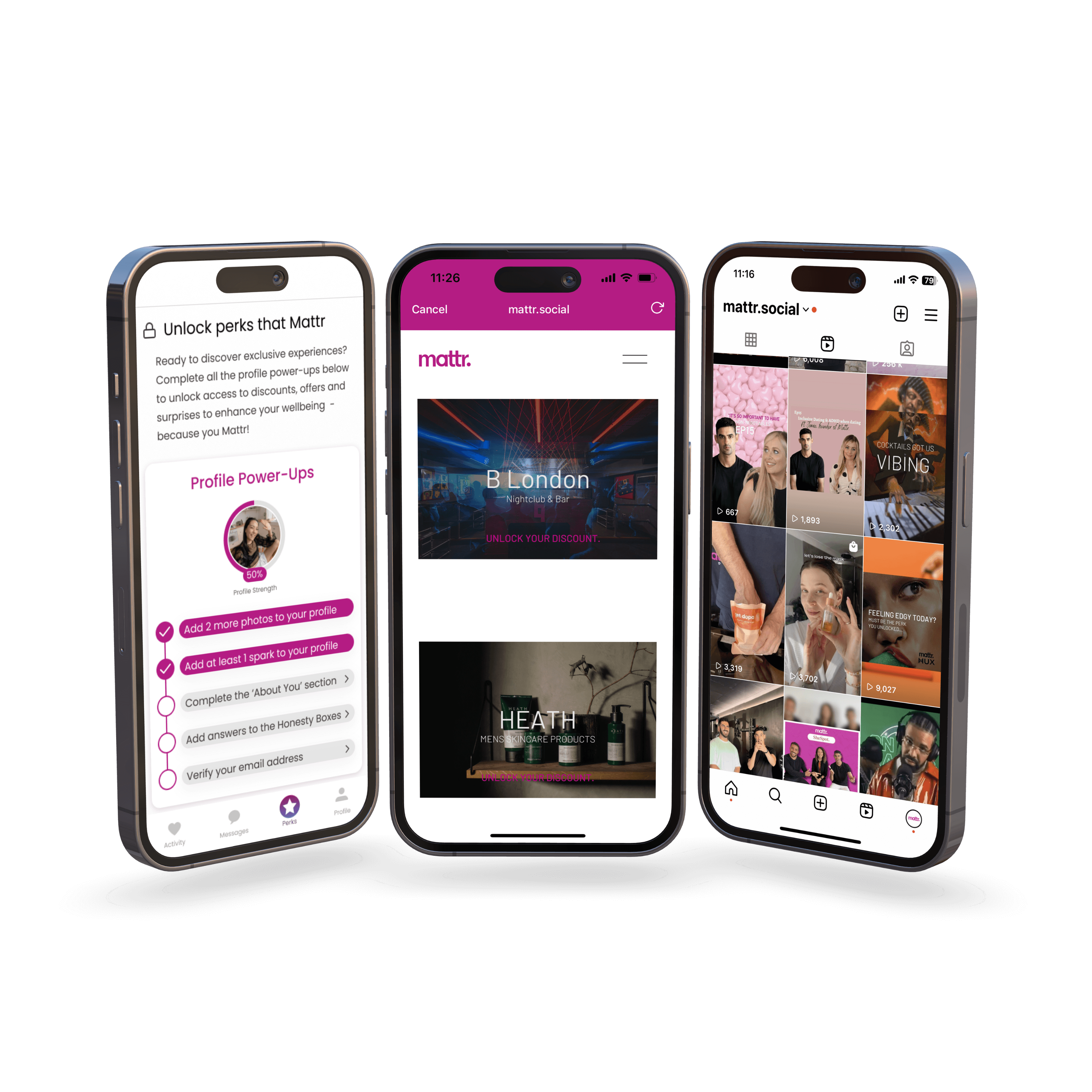Roisi Proven, product leader for startups in the media industry, brings us a personal case study about her journey towards leading with empathy without harming her own wellbeing. Please note, this talk deals with issues such as death, mental illness, and descriptions of mental breakdowns.
Empathy as a Superpower
Empathy is a powerful tool to have as a leader, and by being able to truly put yourself in the shoes of others, and feel the pain of their lived experiences, we are able to support them better and create a nurturing environment for growth.
However, this has its dangers. If we invest to much of ourselves in the experience of others, it can become difficult to detach, and stress and anxiety will build. An unexpected loss can become the catalyst for a downward spiral, and the empathy that helped you in your leadership journey can become a harmful, destructive influence.
Empathy as a Sidekick
We don’t need to have an excess of empathy in order to use it productively. You should never ask a team member to “leave their feelings at the door” on the way in to a meeting, but instead practise leaving their feelings on the way out, so that you can truly be in the moment with them while also protecting your own mental health.
Life is challenging, and building a diverse team means finding ways to allow people to bring their whole self to work, good and bad. By fostering a supportive environment such as this, we give people from hugely varied backgrounds the ability to contribute to our products and our organisation, and our output will hugely improve as a result.







Comments 0